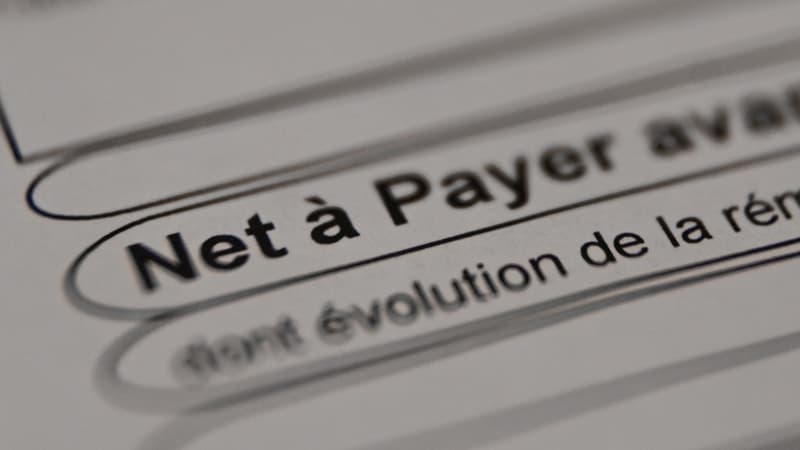A return to a “salary indexation formula” for civil servants would give more visibility and add to the attractiveness of the civil service, a group of experts argued on Tuesday in the run-up to discussions between the government and unions.
This salary indexation would not be completely linked to inflation, but would be done “on the basis of an indicator shared between public employers and the social partners,” wrote Sens du Service Public, a group made up of senior officials of the three branches of the civil service. But “we should at least refer to the cost of living” when developing this indicator, explains Johan Theuret, one of the organization’s co-founders.
A “stagnation” in the remuneration of young agents
The almost systematic freezing of the index point between 2010 and 2022 has made it possible to control public spending at the cost of a “loss of purchasing power” of the agents, recalls Sens du Service Public. It was also accompanied by “complex compensation mechanisms” and difficult to read with, for example, the multiplication of sectoral measures or specific devices.
Between 2013 and 2020, the average net salary in the private sector increased by 14.35% while that of the public sector by 8.83% according to the note. As the minimum wage is subject to a mechanical increase each year based on inflation, “a growing proportion of the lower echelons of categories C and B receive the minimum wage”, which causes “a feeling of stagnation in the young agents”.
Specifically, in 2006, the gross salary of a category C agent was nine euros higher than the Smic of the 1st level. In 2023, all agents up to nine years old are at the minimum wage, “says the note. Negotiations on salaries in the public service will open at the beginning of 2023, the Minister of Health indicated in October. Civil Service Stanislas Guerini .
Source: BFM TV


